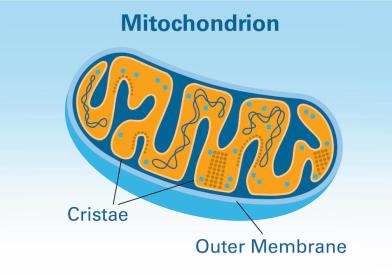We believe an active clinical research program is vital for providing outstanding care. Our physician-scientists conduct clinical trials to build a precise understanding of how cancer develops and how it can be treated. That research, in turn, informs our approach to your individual treatment needs.
Among other research initiatives, we are studying risk factors for diseases such as colon cancer, stomach cancer, and pancreatic cancer, using information on the diet, lifestyles, and medical histories of more than 170,000 men and women.
We are also collecting blood samples and tumor specimens, which allows us to look at molecular and genetic alterations that may signal a risk factor for particular cancers.
Studying the tumors will help us better understand how normal cells become cancer cells and how we can create better drugs to delay or prevent these changes.
We are also constantly conducting clinical trials to develop new treatments for patients with gastrointestinal cancers. These trials will help us define more effective therapies for patients now and in the future.
Our recent breakthroughs in gastrointestinal cancer research include these discoveries:
- Aspirin may improve survival in patients who have already been diagnosed with colorectal cancers. Study results indicated that colorectal cancer patients who regularly took aspirin after diagnosis had a nearly 30 percent lower risk of dying of their disease during the first decade after diagnosis than did non-aspirin users.
- A family history of colon or rectal cancer doubles one's risk for the disease, but improves the odds of survival should the cancer develop. Researchers believe biological factors are the reason for this anomaly, and are now examining hundreds of colorectal tumor samples for common genetic changes that might explain the behavior and aid in the development of better treatments.
- Patients diagnosed with colon cancer who had abundant vitamin D in their blood have better survival rates than those who were deficient in the vitamin. Previous research had shown that higher levels of vitamin D reduce the risk of developing colon and rectal cancer by about 50 percent, but the effect on outcomes wasn't known. Recent data also show that patients with stage IV colon and rectal cancer have very low levels of vitamin D. Researchers are now planning a clinical trial in which these stage IV colon and rectal cancer patients will take vitamin D along with standard chemotherapy to look for benefits.
Featured Gastrointestinal Cancer Clinical Trials
Colorectal Cancer Clinical Trials
Trial 19-691: Randomized Double-Blind Phase III Trial of Vitamin D3 Supplementation in Patients with Previously Untreated Metastatic Colorectal Cancer (SOLARIS)
Principal investigator: Kimmie Ng, MD, MPH
Pancreatic Cancer Clinical Trials
Trial 18-021: Vitamin D Receptor Agonist Paricalcitol plus Gemcitabine and Nab-paclitaxel in Patients with Metastatic Pancreatic Cancer
Principal investigator: Kimberly Perez, MD
Trial 18-207: Phase 2 Proof-of-Concept Trial Testing the PARP Inhibitor Niraparib in Patients with Pancreatic Cancer Harboring Deficiencies in Homologous Recombination DNA Repair
Principal investigator: James Cleary, MD, PhD
Trial 16-490: A Randomized Multicenter Phase Ib/II study to assess the safety and immunological effect of chemoradiation therapy (CRT) in combination with MK-3475 (anti-PD1) to CRT alone in patients with resectable or borderline resectable pancreatic cancer
Principal investigator: Osama Rahma, MD
Neuroendocrine and Carcinoid Tumors Clinical Trials
Trial 19-403: Phase II Trial of Cabozantinib in Combination with Nivolumab for Advanced Carcinoid Tumors
Principal investigator: Kimberly Perez, MD






